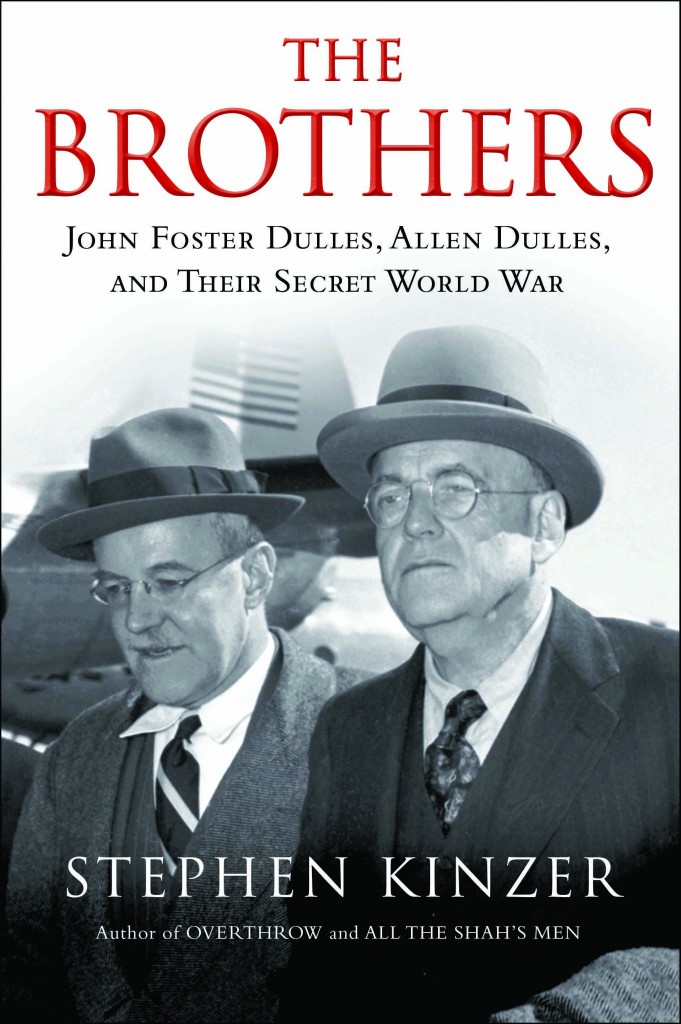
diplomatic job, one previously held both by his uncle and by his grandfather. A stalwart of the Republican Party, he latched early on to Eisenhower, advised him in the campaign of 1952, and emerged with the top U.S. “Foster,” as the president familiarly called him, was a Bible-toting lawyer, a fire-breathing Cold Warrior, and a major architect of the Japanese Peace Treaty of 1951. In The Brothers Stephen Kinzer sets out to craft a joint biography of these two characters.Īnd characters they were. The two men, brothers in fact and in mission, were central to Cold War history for nearly a decade. Eisenhower than John Foster Dulles, his secretary of state and Allen Welsh Dulles, his director of central intelligence.

That was the day of the Eisenhower administration, and no figures were more important to President Dwight D.

During the high Cold War no power was more central to global affairs than the United States.


 0 kommentar(er)
0 kommentar(er)
